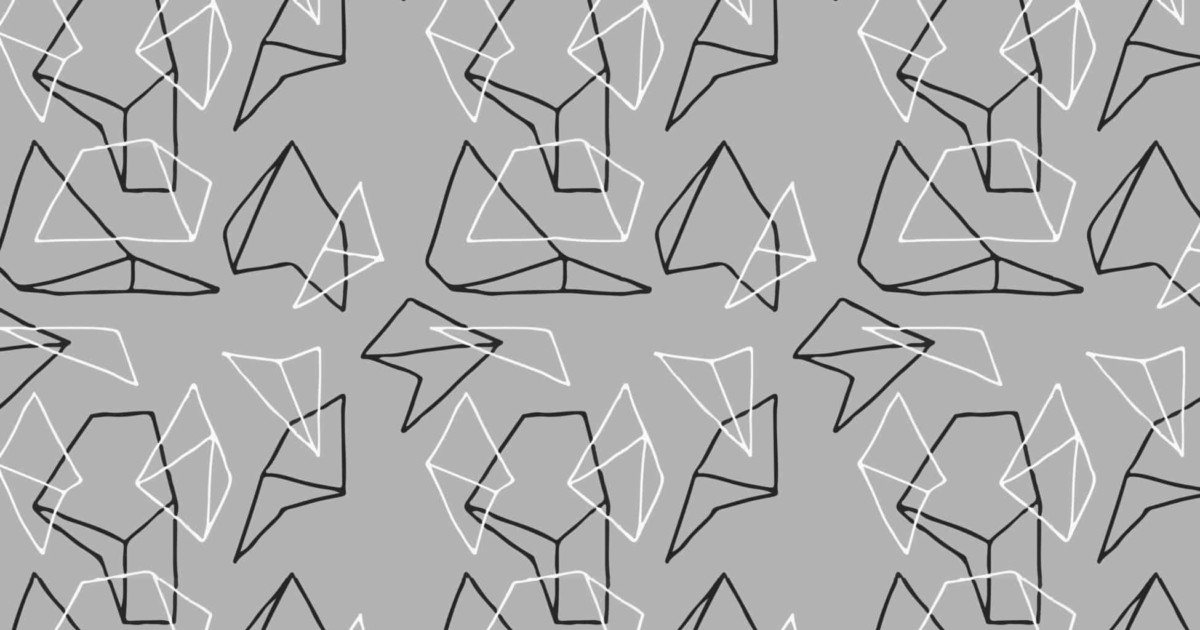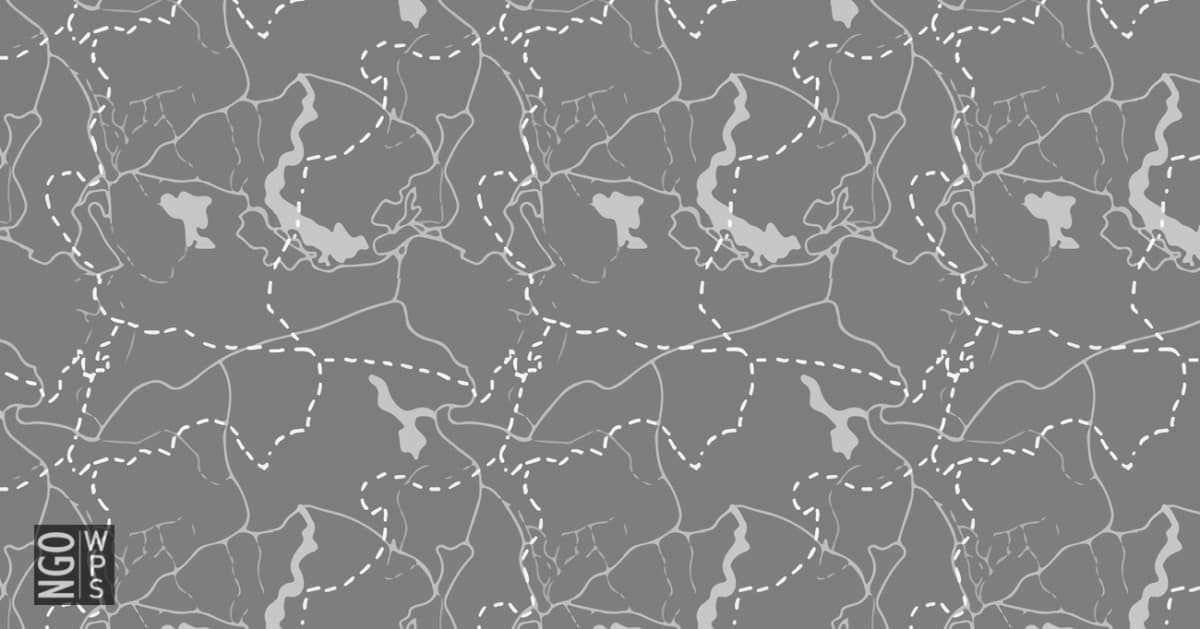Libya
Libya
Years after the deposition of dictator Moammar Gadhafi as part of the Arab Spring, Libya remains in a deteriorating security situation that is especially volatile for women. Sexual and gender-based violence during the war, including mass rape, has yet to be investigated, and women’s rights have continued to decline as different Islamic groups strive to curtail freedoms throughout the country. Violence against women remains common, but reporting remains low; like political and civic participation, reporting and activism by women remains deterred due to threats of violence or death.
Since 2011, Libya has passed new laws which discriminate against women, including the legalization of polygamy and quota reductions for women’s representation in Parliament. Although a party to the Convention on the Elimination of All Forms of Discrimination against Women (CEDAW), Libya does not have a National Action Plan per resolution 1325 (2000).
Due to the high rates of discrimination, exclusion and violence faced by women in Libya, the NGOWG advocates for the Security Council to continue supporting the United Nations Support Mission in Libya (UNSMIL) to include women as full and equal partners in supporting the transition of power to the Government of National Accord, which has struggled to establish legitimacy and control. Without the inclusion of women, the new government will face greater challenges to creating sustainable peace in Libya and continue exposing Libyan women to extreme risk of violence.
Current and Past Recommendations to the UN Security Council (Monthly Action Points)
Despite calls for a ceasefire in response to the COVID-19 pandemic, violence and attacks against civilians continues to increase, displacing thousands and increasing the risk of COVID-19 spreading (ICRC, Amnesty, ACLED, IOM). In line with Resolution 2532 (2020), in its discussions on the situation, the Council must reiterate its demand for an immediate and unconditional ceasefire and condemn actions inconsistent with the arms embargo (S/RES/2510 (2020), S/2020/63), in order to ensure all civilians and civilian objects are protected in accordance with IHL, and hold accountable all parties that utilize violence and carry out human rights abuses, including forced disappearances, and targeting of detainees in official and unofficial places of detention (HRW). Further, Council members should call for women human rights defenders, peacebuilders and political leaders to be able to carry out their work without restriction or fear of retaliation, and inquire about the extent to which the UN’s response to COVID-19 is gender-responsive (Cordaid).
Relevant Resources









